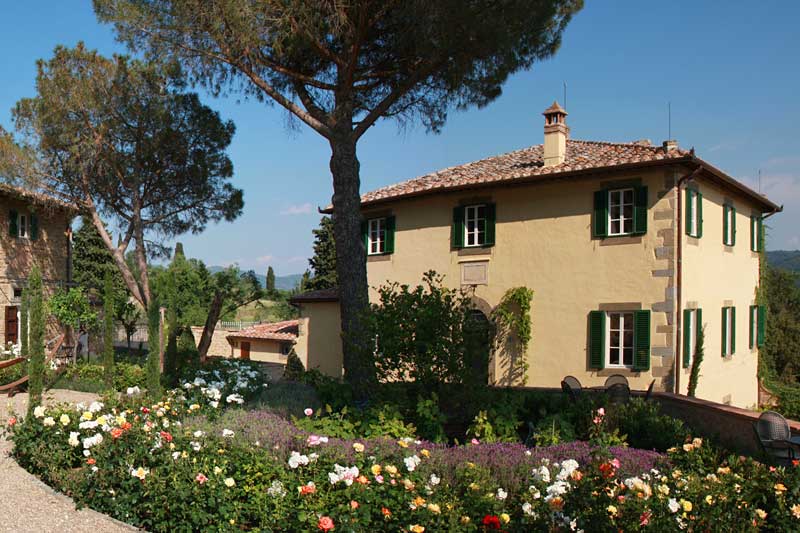Property ownership is a fundamental aspect of society, and the legal mechanisms surrounding it vary across different jurisdictions. When it comes to purchasing property or land in Italy, conducting thorough searches and due diligence is of utmost importance. Before signing any documents or paperwork, it is essential to ensure that there are no usucapione issues and to have a clear understanding of what you are buying. In this blog post, we will explore the intricacies of Usucapione in Italy, discussing its legal framework, requirements, and implications. Whether you are a property investor or owner, a legal professional, or simply curious about Italian property law, this article aims to shed light on Usucapione in the Italian context.
Understanding Usucapione in Italy
Definition and Legal Basis
Usucapione or “prescrizione acquisitiva” in Italian, is a legal concept deeply rooted in the country’s civil law system. It is regulated by the Italian Civil Code (Codice Civile) under articles 1158 to 1168.
Types of Usucapione
In Italy, there are two main types of Usucapione: Firstly, we have Usucapione per Prescrizione Ordinaria, which requires possession for a period of 10 years. This type applies to cases where the possessor is in good faith, meaning they genuinely believe they have the legal right to possess the property. On the other hand, we have Usucapione per Prescrizione Straordinaria, which necessitates possession for a period of 20 years. Unlike Usucapione per Prescrizione Ordinaria, this type does not require good faith. However, it does necessitate a specific claim to the property, proving an intention to possess it exclusively.
Examples of Usucapione in Italy
To illustrate the difference between the two types, let’s consider an example. Imagine a situation where an individual purchases a house in good faith from a seller. The buyer, unaware of any competing ownership claims, openly possesses and uses the property for ten consecutive years. In this case, meeting all other requirements, the buyer may be eligible to claim ownership through Usucapione per Prescrizione Ordinaria.
In contrast, let’s explore a scenario where an individual knowingly occupies a piece of land that belongs to another person. The occupant openly and continuously possesses the land for 20 years, excluding the true owner’s access or use. If the claimant can demonstrate an explicit intention to possess the property exclusively during this period, they may have a basis for pursuing Usucapione per Prescrizione Straordinaria.
Understanding the distinction between Usucapione per Prescrizione Ordinaria and Usucapione per Prescrizione Straordinaria is crucial when considering a property ownership claim through Usucapione in Italy. Whether the possession is in good faith or not and the length of possession play significant roles in determining the applicable type of Usucapione and the likelihood of a successful claim.
To ensure a comprehensive understanding of the specific requirements and implications of Usucapione in each unique situation, it is advisable to consult with legal professionals experienced in Italian property law. By doing so, you can navigate the process with confidence and clarity.
Requirements for Usucapione in Italy
To successfully claim Usucapione in Italy, claimants must generally fulfill the following requirements:
1. Possession: The claimant must possess the property openly and continuously, acting as if they are the rightful owner.
2. Good or Bad Faith: Depending on the type of Usucapione being pursued, the claimant must either demonstrate good faith or show that they knew they did not have a legal right to possess the property.
3. Duration: The prescribed period of possession must be satisfied, which is 10 years for Usucapione per Prescrizione Ordinaria and 20 years for Usucapione per Prescrizione Straordinaria.
Implications and Considerations
Legal Protection for Possessors
Usucapione provides a legal framework to protect individuals who have openly and continuously occupied a property for the required period. Consequently, their possession is recognized and rewarded with ownership rights.
Resolving Property Disputes
Usucapione can help resolve disputes over property ownership. In particular, it is useful in cases where historical ownership records are unclear or conflicting.
Limitations on Ownership Claims
Usucapione sets time limits for challenging ownership claims. As a result, once the possessor satisfies the prescribed period of possession, their ownership becomes legally established, and previous owners forfeit their rights.
Conclusion
In conclusion, Usucapione in Italy serves as a powerful legal tool for acquiring property ownership through possession. By understanding its legal framework, requirements, and implications, property buyers, owners and legal professionals can navigate the complexities of Italian property law more effectively.
Have you encountered Usucapione in Italy? Are you familiar with any interesting cases or legal precedents related to this concept? I invite you to share your thoughts, experiences, or questions in the comments section below. Let’s continue the conversation on Usucapione in Italy and further explore its impact on property ownership.



0 Comments